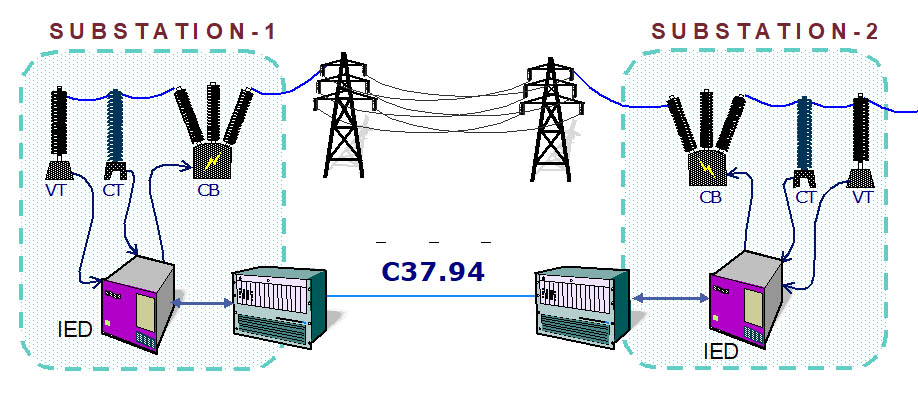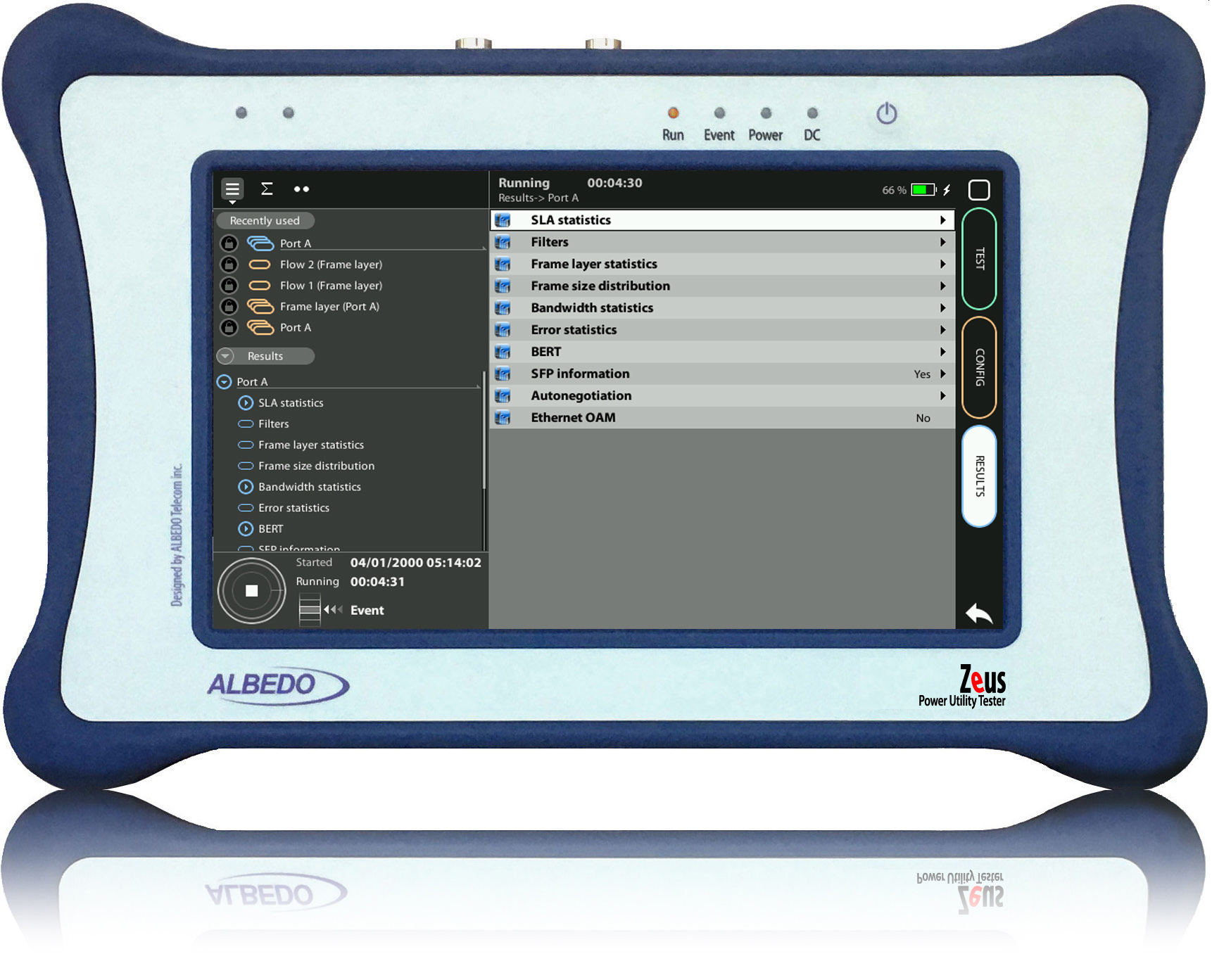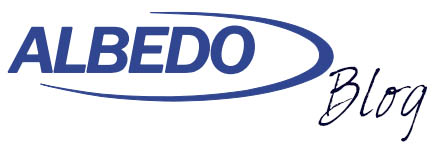C37.94 Through Mode test
The Through Mode test is performed to ensure that the communication equipment correctly supports the C37.94 standard, allowing data to pass through without being processed; the xGenius or Zeus tester verifies that this functionality works correctly.
BARCELONA NOV.17.2023
About C37.94 protection
IEEE C37.94 is a standard for teleprotection communication and control in power utilities, focusing on the communication aspects that ensure reliable operation of protection relays. Teleprotection involves the use of communication channels to transmit signals between relays to coordinate the strategy for isolating faults in the power system, including substations and distribution lines.

Fig 1. Protection schemes are based on the measurement of electric values and a communication link.
C37.94 defines the formats and protocols to be used in the telecommunications network, including data frames, transmission rates and other requirements that enable the use of protection schemes in power systems. This has always been considered a critical system to facilitate interoperability between substation connections of generation plants and the reliability power service.
Ensuring the standard implementation
Ensuring that equipment supports the standard is key to the reliability and interoperability of the system, so conformance testing verifies that equipment from different manufacturers can work together seamlessly, promoting a more robust and reliable power infrastructure. All engineers involved in the deployment or maintenance of C37.94 teleprotection should review and follow the manufacturer’s test procedures to ensure conformance testing.

Fig 2. C37.94 line protection.
Field engineers can use ALBEDO testers to check new C37.94 installations or to troubleshoot tele-protection relays and multiplexers using features such as Bit Error Rate Test (BERT), G.821, Event Analysis/Generation, Optical Power Meter One-Way/Round-Trip Delay, etc. to help engineers verify the protection system that prevents outages in a substation.
C37.94 Through Mode Test
The Through Mode test is performed to ensure that communications equipment correctly supports the C37.94 standard, allowing data to pass through without being processed, the xGenius or Zeus tester verifies that this functionality works correctly. Testing for compliance with standards, including C37.94, is good practice in the development, deployment and maintenance of teleprotection systems.

Fig 3. C37.94 through mode verification using one tester.
In Through mode, as well as checking the C37.94 signal for errors/anomalies, you can insert the following into the transmitted data:
- Physical bit errors (EBIT)
- Fixed delay on ports A & B (each port can have a different delay)
- Insert delay into port A or B (delay can be switched on/off)
xGenius and Zeus

Fig 4. Zeus the favorite tester of field engineers from Canada to Australia, from Germany to South Africa.
xGenius and Zeus testers provide in-depth insight into the design, installation, maintenance, troubleshooting and engineering of Smart Grid communications infrastructures. The unit can test Ethernet/IP, PTP, GbE, IRIG-B, T1/E1, G703, C37.94 and GOOSE, SV and MMS protocols. One-way delay testing, supported by GPS, is available on all interfaces. Zeus has a set of programmable filters to capture live traffic at wire speed. You can now analyse GOOSE, SV, MMS and other protocols to decode and store them in PCAP format or calculate propagation delay from local or remote substations.
Testing C37.94 with ALBEDO
Using a dual port module over SMF or MMF with a suitable SFP and then a configurable bit rate between 64kbps and 768kbps in 64kbps increments.
Connectors
- Dual port operation over SMF or MMF with suitable SFP
Line
- Transmission clock: Recovered or internally synthesized
- Laser on and off control
Frame
- Unframed or framed operation.
- Frame structure follows IEEE C37.94 section 4.1
- Configurable bit-rate between 64 kb/s and 768 kb/s in steps of 64 kb/s

Fig 5. ALBEDO tester equipped with C37.94 double port module.
Line Analysis
- Frequency (Hz), frequency deviation (ppm)
- Transmitted optical power (dBm), received optical power (dBm)
- Received data rate (kb/s)
- SFP information: transceiver, vendor, model and wavelength
Frame and Pattern Analysis
- ITU-T G.821 performance: ES, SES, UAS, DM. ITU-T G.821 results include pass / fail indications
- Event detection and insertion: LOS, AIS, FAS, RDI (yellow), LSS, ALL0, ALL1, Slip, TSE, bit error, delay


